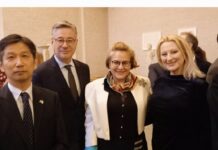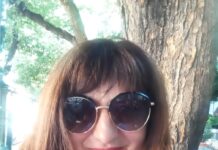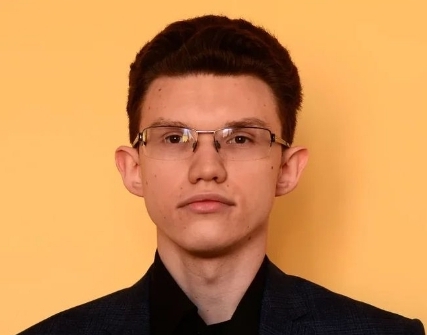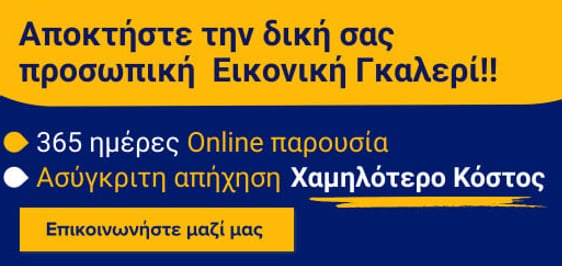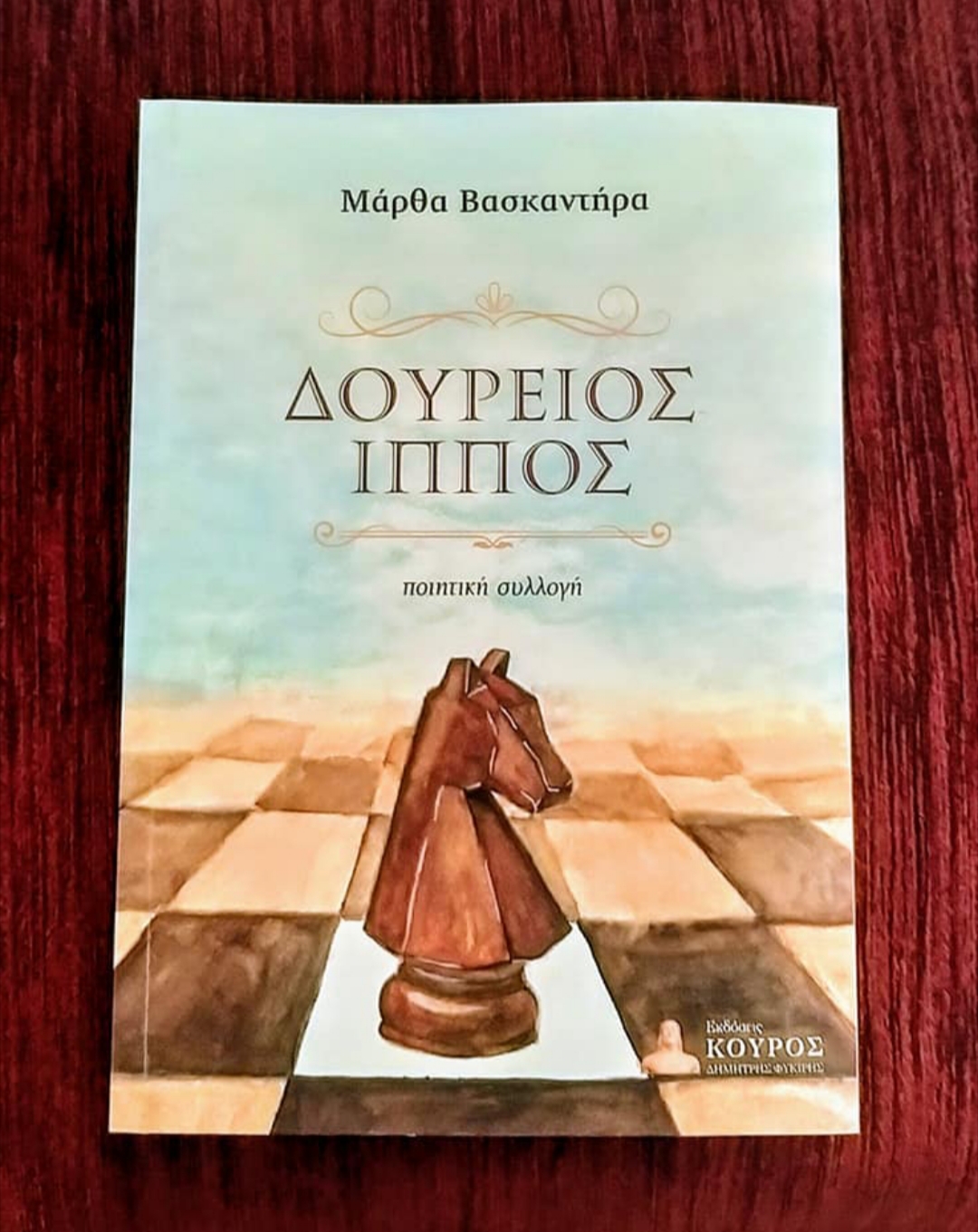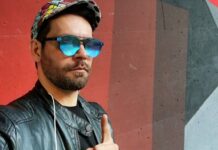Μια συνέντευξη από ένα νέο ταλαντούχο συγγραφέα, τον Alexander Kabishev από την Αγία Πετρούπολη
Επιμέλεια συνέντευξης: Εύα Πετροπούλου Λιανού
Kabishev Alexander Konstantinovich (K.A.K.) is an engineer, a graduate of the D.F. Ustinov Military Technical University, a poet and writer, an artist of a new direction in literature and art – choism. Volunteer journalist of the magazine “POET”, active participant and director of the magazine at the foundation “LIFE LINE OF EVERY CHILD”, founder and head of the international creative and cultural project “DEMO GOG”, editor-in-chief of the magazine “HUMANITY”, author of the collection of short stories “NIGHTMARE”, collection of poems “DANCE OF POETRY”, the novel “RED CORAL”. Curator and organizer of collections of modern prose and poetry “SILICON AGE” (2 volumes), the collection “WHISPER IN THE WIND”, the first Russian-Vietnamese collection “DAWN”, the first Russian-Serbian collection “FRIENDSHIP”. Director of a documentary about the charity “ECLF”. Founder and mentor of the world record project – HYPERPOEM. Member of the Russian Union of Writers. The leader of the youth movement of the Russian Union of Writers. Member of the Writers’ Union of North America. Winner of the 3rd degree of the international literary award “Not a day without a line”. Co-author of many collections and publications in magazines and online media. A number of his author’s works have been translated and published in Spanish, Arabic, Italian, Vietnamese, French, English, Hindi, Portuguese, Serbian, Greek, Tagalog and other languages (Russia, the city of St. Petersburg).
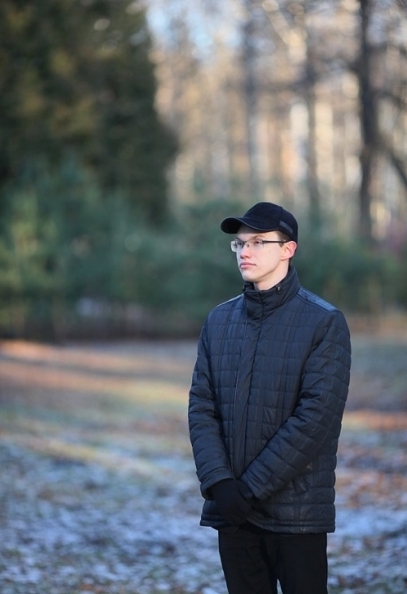
Please share your thoughts about the future of literature. When will you start writing? I started writing quite early, but perhaps not too early. I would attribute my first poems to adolescence, although I can’t say at what time and what exactly I wrote – they were rather spontaneous sketches rather simple and short. I really (consciously, purposefully and confidently) started writing already at university. At the same time, he began to publish in collections, magazines, newspapers and groups on social networks.
As for my view on the future of literature, the question is not simple, it is very voluminous and complex. In short, I can say that, in my opinion, literature and the author-reader relationship will change a lot in the second half of the 21st century. I assume that humanity will move away from multimillion copies of bestsellers in favor of small creative circles, where a limited number of readers will work live with their favorite author.
The good and the bad. Who is winning these days? The question is more philosophical than literary. But I’ll try to answer with a couple of examples. The first example, there are two families of people who can’t stand themselves. They say that all the members of the other family are enemies, that they are bad and evil, that everything is better for them, and most importantly, that the cause of all the troubles of the family is that other family. Then they teach this to their children, force them to adopt their view of the world, but the children in both families grow up and see that in both families the situations were exactly the same, but conditionally on different sides of the barricades. Who is bad here, and who is good?

The second example. Let’s turn to quantum physics. We have two particles, a proton and an electron, one absolutely positive, the second absolutely negative and together give a neutral sphere – an atom. You can extend this scheme on the hero of the same Hollywood blockbuster – one hero is good, the second is bad. But if you remove the second one, what happens? Will everything be good or will everything be bad? And in relation to what will this something be bad, good or neutral? And most importantly, who is the bad proton or electron?
How many books have you written? And where can we find your books? Now I have three of my finished and published books: Red Coral (novel), Nightmare (collection of short stories) and Dance of Poetry (collection of poems). I’m currently working on a sequel to Red Coral and I can tell you in confidence that the second book is almost ready. I am also the organizer of international collections – this is the Russian-Vietnamese collection Dawn, Russian-Serbian Friendship, Russian-Belarusian Whisper in the wind.
All my books are freely available in the Amazon online store, as well as on our publisher’s website http://ukiyoto.com.

The book. E-book or hardcover book. What will the future be like? I would venture to assume that the e-book will not go anywhere, it has firmly taken its place and will live with humanity for as long as there will be computers, smartphones and the Internet. But this does not mean that the paper book will completely disappear. I am almost sure that it will be preserved in at least two forms – these are already very well-known books and new books that will be supported and live thanks to the circle of interested authors and readers.
A wish for 2022. For me personally, the year 2022 turned out to be very difficult and I would like to wish no one to face the difficulties and challenges that I faced.
What else can I wish for in 2023? Of course, good mood, more interesting ideas and bright books!



